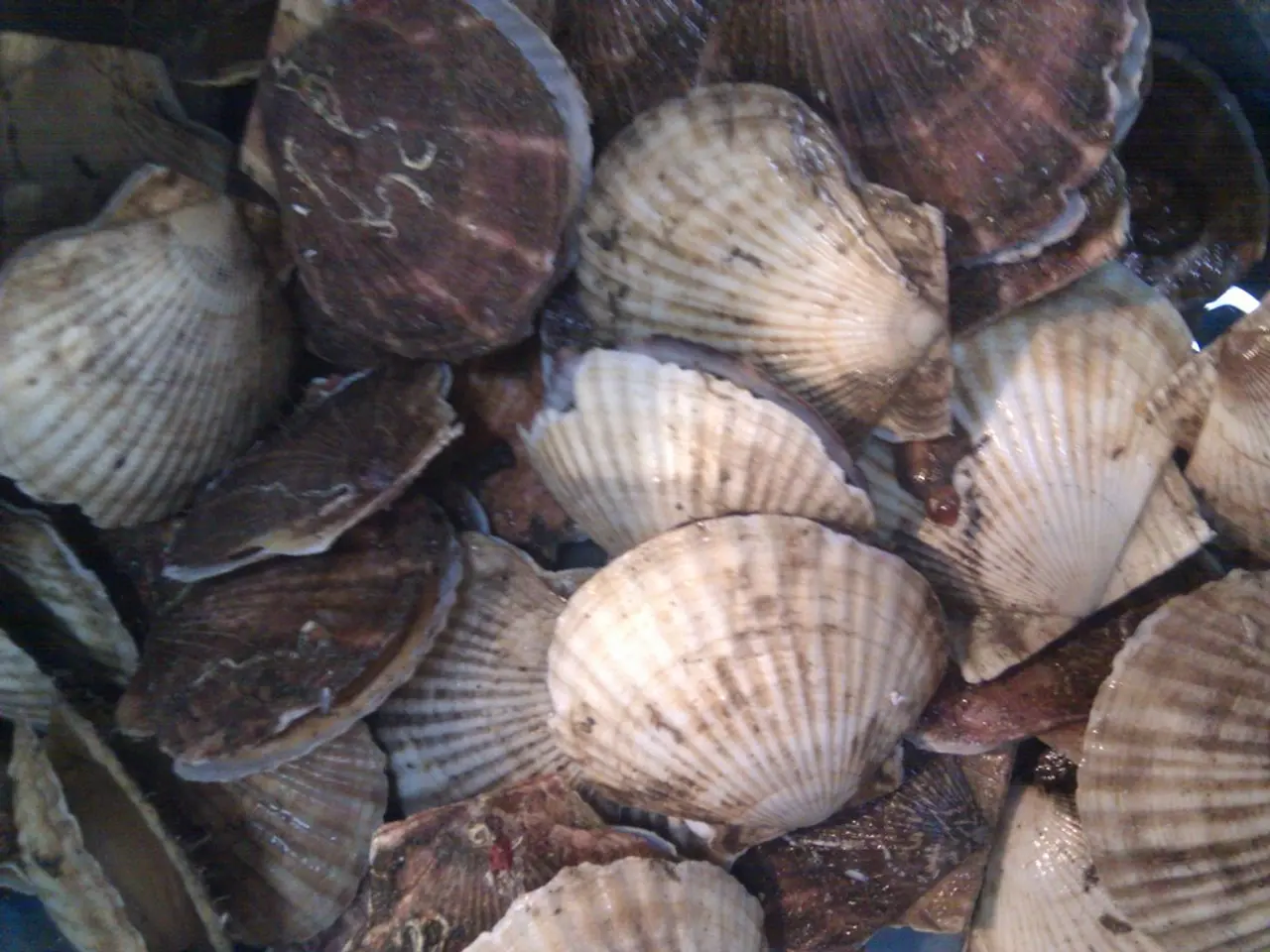Shotgun Shell Durability: In-depth Analysis of Shotgun Shell Lifespan and Storage Conditions
Shotgun shells, a vital component in hunting and sport shooting, can last for decades with proper care and storage. These cartridges, consisting of a hull, primer, powder, wad, and shot or slug, require special attention to ensure their reliability and safety over time.
If the shell smells strongly of vinegar or has an unusual odor, it's likely that the powder has begun to break down. Similarly, signs of rust or corrosion on the primer, hull, or shot indicate potential damage. In such cases, it's crucial to discard the ammunition, prioritizing safety above all.
Moisture is arguably the biggest threat to shotgun shell longevity. It can corrode the primer and degrade the powder, leading to misfires or unsafe firing conditions. Regularly inspect shotgun shells for signs of deterioration, discarding any showing signs of moisture, physical damage, or unusual changes in weight or appearance.
To protect shotgun shells from moisture, dust, and other environmental factors, store them in their original boxes, in airtight containers, or use sealed, military-style ammo cans. It's also advisable to include desiccant packs within the storage container to absorb moisture and prevent corrosion.
Storing shells in a cool, dry, and dark place is essential. Avoid extreme temperatures and humidity fluctuations, which accelerate degradation. Limit container opening to minimize exposure to air and moisture cycles. Clearly label boxes with caliber and purchase date to monitor age and usage.
Plastic hulls are generally more durable and resistant to moisture than paper hulls. However, prolonged exposure to direct sunlight can degrade the plastic or paper of the hull, making it brittle and prone to cracking.
It's essential to avoid throwing shotgun shells in the regular trash, as they could pose a hazard to sanitation workers or contaminate the environment. Instead, contact your local law enforcement agency, shooting range, or hazardous waste disposal facility for guidance on proper disposal procedures.
While ammo does not “spoil” like food, degradation may cause misfires, squibs, or unsafe firing conditions if shells go bad. The powder and primers inside shotgun shells are sensitive to moisture and temperature, so maintaining stable, dry storage conditions is critical to preserving shelf life.
Modern smokeless powders are relatively stable, but they can degrade over time, particularly when exposed to moisture or extreme temperatures. Avoid attempting to disassemble or burn shotgun shells yourself, as this can be extremely dangerous and potentially lead to an explosion.
In summary, shotgun shells stored in airtight, moisture-controlled, and temperature-stable environments can reliably last 25 years or longer. Improper storage, especially involving humidity or heat fluctuations, significantly shortens their lifespan and can render them unsafe. By following these guidelines, you can ensure the longevity and safety of your shotgun shells.
- Proper storage methods, such as storing the shells in airtight containers or military-style ammo cans, are crucial in preventing moisture and other environmental factors that can lead to the degradation of shotgun shells.
- Regular inspections should be conducted on the shotgun shells to discard any showing signs of moisture, physical damage, or unusual changes in weight or appearance, ensuring their reliability and safety over time.






